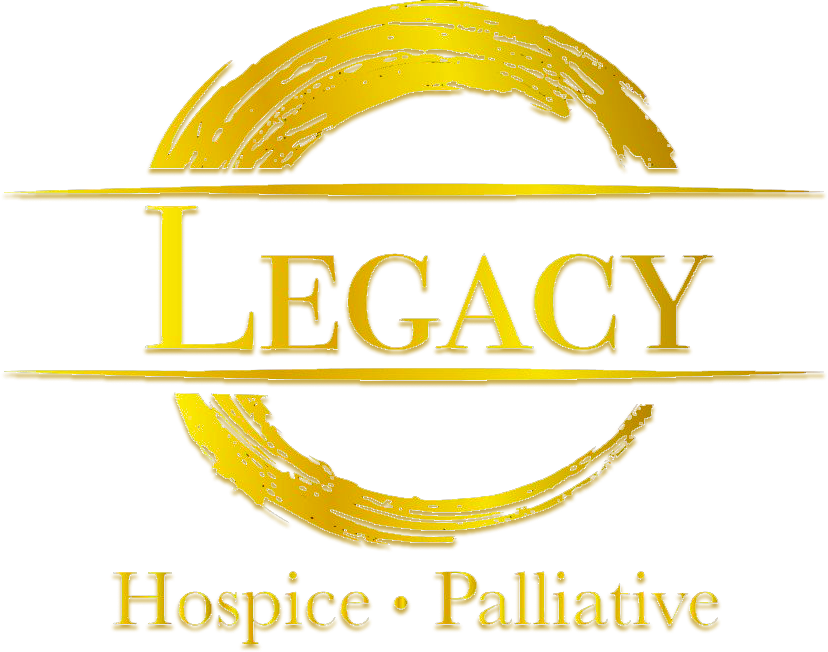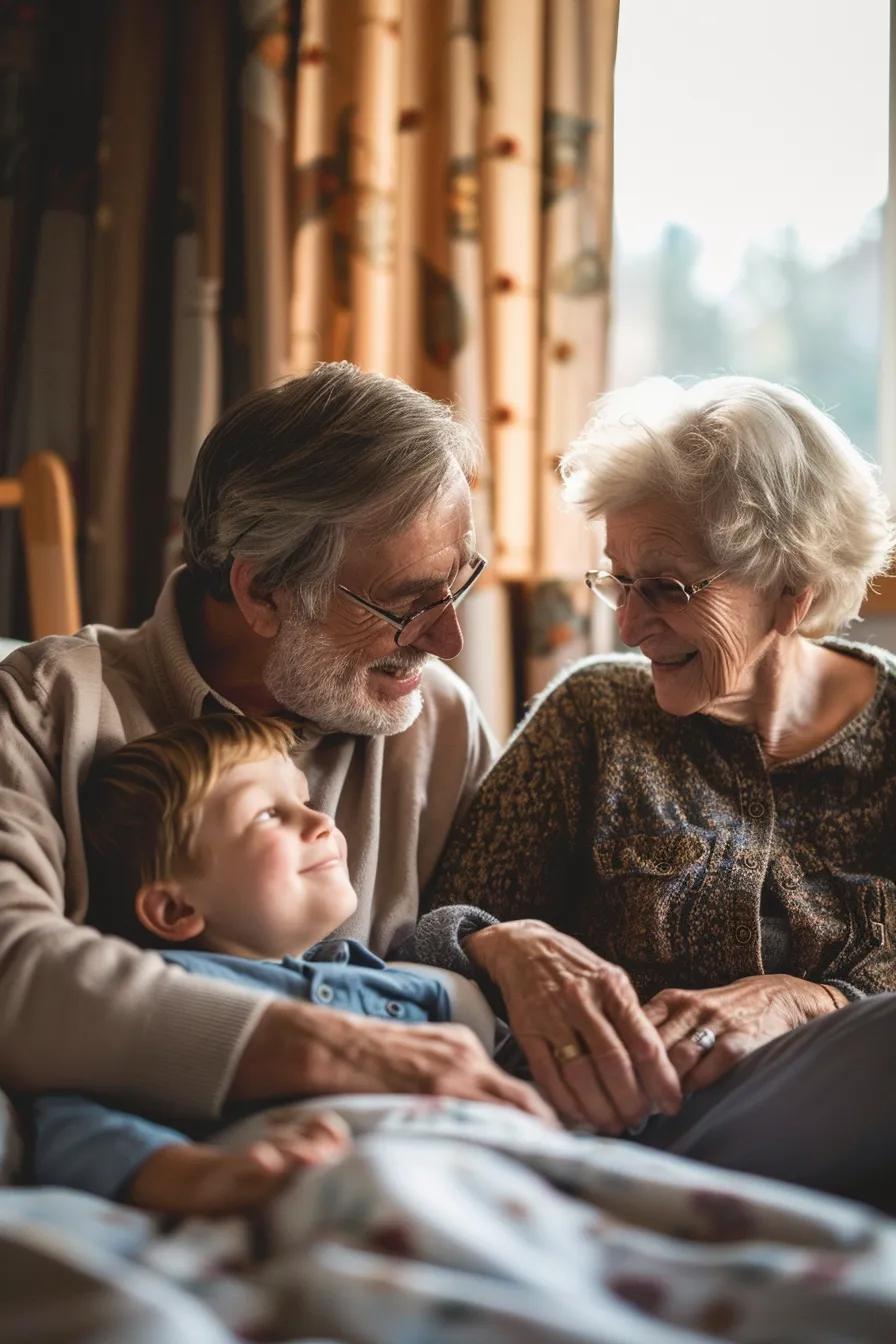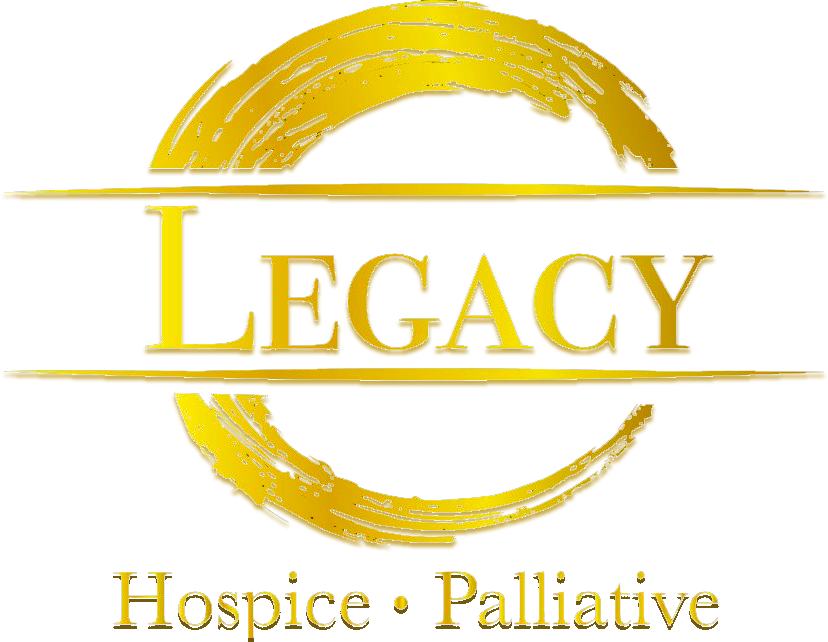Palliative care is recommended for anyone diagnosed with a serious and life-threatening illness. Your diagnosis entails that you undergo palliative care in Chino alongside the services offered by your primary care physicians. But there is more to palliative care than just relieving your symptoms and making it easier to manage the pain. Discover the principles behind palliative care and the team that provides those services.
The Principles of Palliative Care
Palliative care is a holistic approach to providing care for patients with serious illnesses. They receive palliative care to complement existing medical treatments, which can alleviate symptoms and improve their overall medical condition.
When providing palliative care in Chino, the team lives by the following principles that ensure the highest quality of overall care is provided to patients.
1. Caring Attitude
Compassionate care and genuine support are integral components of palliative care. The people who are part of the palliative care team must show empathy and compassion towards the patient, which allows them to provide the best quality care. They should genuinely provide relief for the patient from the suffering associated with their symptoms or medical issues.
Empathy and compassion towards patients allow the care providers to understand that each patient is unique and that their needs differ (even for patients with the same medical condition). This compassionate care and empathy allows for providing tailored services for each patient.
2. Pain Relief
Palliative care complements the existing medical treatment for patients suffering from serious illnesses. The ultimate goal for palliative care providers is to provide relief from pain, reducing the patient’s suffering. Physical pain is common among patients with end-of-life illnesses, but it’s not the only type of pain they have to deal with.
An essential principle of palliative care is for care providers to support patients dealing with psychological, emotional, and spiritual pain. Ongoing assessment and support should be given on top of their physical needs.
3. Communication
Constant communication is integral to providing quality care to patients, especially those receiving palliative care. It is crucial for patients and their families to be involved in the treatment process. The palliative care team in Chino discuss the development of a patient’s medical condition, allowing them to make crucial decisions involving their loved one’s treatment. Educating family members and patients is essential in ensuring they receive the best quality care and their wishes are honored.
4. Quality of Care
The quality of palliative care in Chino is non-negotiable. Patients receiving palliative care must have access to the best medical and nursing care and premium allied healthcare services. Receiving ongoing care is also critical to ensure patients can avoid medical emergencies. The care providers must have a comprehensive plan for the individual and family to ensure all needs are addressed during treatment.
5. Support System
Palliative care is not only provided by the medical and nursing team. The patient’s family and support system also play a vital role during treatment. Whether the patient receives palliative care at home or in the hospital, support from relatives can improve their quality of life.

Insight into Palliative Care Providers
Choosing the best palliative care in Chino is important to ensure the quality of life for patients suffering from a terminal medical condition. But who makes up the palliative care team? It is an interdisciplinary team of professionals in the health and medical field who help patients and their families manage life-limiting illnesses.
The team that provides palliative care in Chino generally consists of the following medical and health professionals.
Doctors
Doctors make up the palliative care team that provides medical services for the patient. The specific types of doctors on the team vary greatly according to the patient’s specific medical condition.
The first type of doctor is a general practitioner. Even if you see a specialist for a specific medical condition, patients should see a general practitioner regularly. This doctor provides ongoing care and disease management or monitoring for palliative care patients.
The next type of doctors that might be involved in a palliative care team are physicians and surgeons. These doctors offer more specialized services that are specific to the illness. For example, an oncologist is someone who diagnoses and treats cancer. Patients with nerve diseases will work with a neurologist. Respiratory physicians attend to patients with lung diseases. These are a few examples of physicians and surgeons specializing in a particular field.
Palliative care consultants are part of the team that provides palliative care in Chino. These are medical doctors with specialized training to care for those receiving end-of-life treatment. They can treat complex medical cases and care for patients at home or in hospitals.
Lastly, palliative care nurses complete the team of doctors providing medical care for patients. They assist doctors in providing ongoing care and treatment to patients, specifically in administering daily treatment.
Allied Healthcare Providers
In addition to a team of medical doctors and physicians caring for patients under palliative treatment, allied healthcare providers can step in to provide additional medical support. These healthcare providers manage symptoms, offer emotional support, and deliver rehabilitation services.






